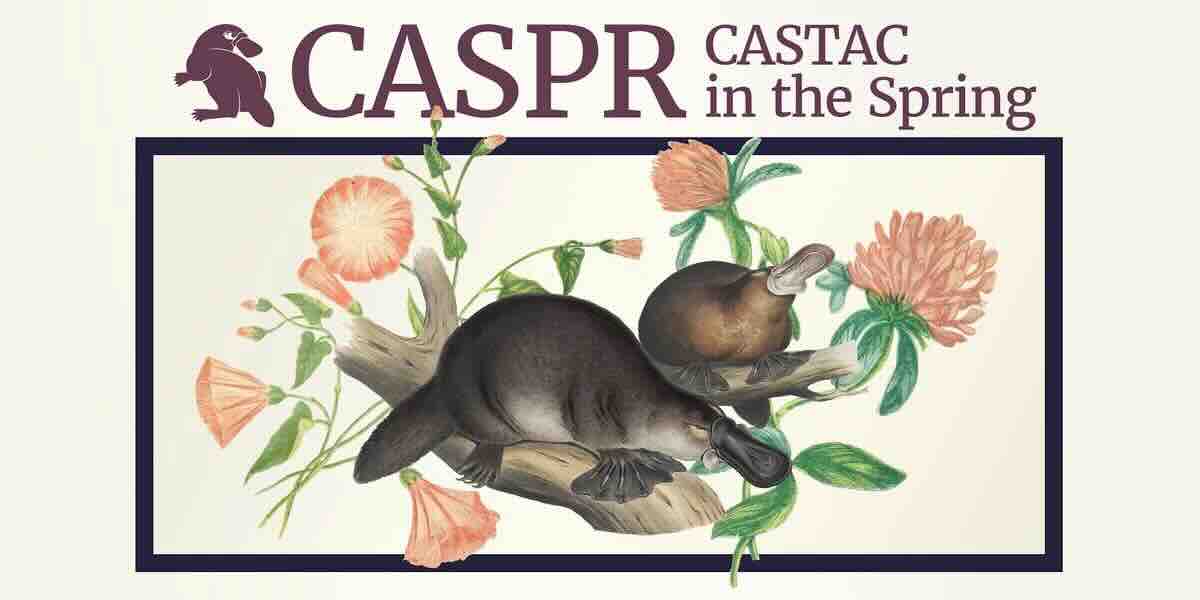Download the full transcript of this episode.

CASTAC in the Spring 2023
The 2023 edition of CASPR: CASTAC in the Spring discussed digital ethnography and its multiple facets. The event was moderated by Dr. Baird Campbell, who, along with guest speakers Dr. Ilana Gershon, Dr. Nicole Taylor, and Dr. Patricia G. Lange, shared their experiences and valuable insights based on their many years of interactions with digital ethnography—much before the recent spike in interest in this method due to the COVID-19 pandemic.
Some critical insights from the event:
- On the online-offline divide, guest-speakers pointed out that this division will not matter in the future as interlocutors are increasingly interconnected. Speakers were skeptical about how much this topic still matters now, coming to the conclusion that this separation is largely artificial. The speakers mentioned how digital technologies, social media platforms, and other technological products would indirectly be part of future ethnographies, even if the researcher had not intended to engage with digital ethnography methods in the first place. This poses some challenges to the work of ethnographers, who might be in constant contact with interlocutors—even when the fieldwork is “completed,” and especially as communication with ethnographer-interlocutors can continue via digital means.
- On ethics, there was a consensus that Institutional Review Boards (IRBs) are not well equipped to handle research projects primarily focusing on data collection in the digital space. However, besides aiming solely to get IRB approvals, researchers should center their methods and procedures on their interlocutors, guaranteeing their safety and anonymity—especially as most journal publications are available online, which can, in one way or another, expose interlocutors even if they had previously signed a consent form. Three guest speakers offered their own personal ways to deal with challenging ethical dilemmas revolving around the practice of digital ethnography.
- On the use of images and other media from social media platforms, researchers Dr. Nicole Taylor and Dr. Angela VandenBroek have recently published an article offering strategies for the anonymization of digital data that protects and respects the research interlocutors while at the same time guaranteeing their fluid participation in the research process. The article, “Ethics and Images in Social Media Research” is open-access and can be found on the website of the First Monday: Peer-Reviewed Journal on the Internet.
The entire event, except the breakout rooms, is available as a podcast episode. The transcription of the entire episode is also available. Make sure to check it out, and stay tuned for the next episode of Platypod and CASPR 2024.
